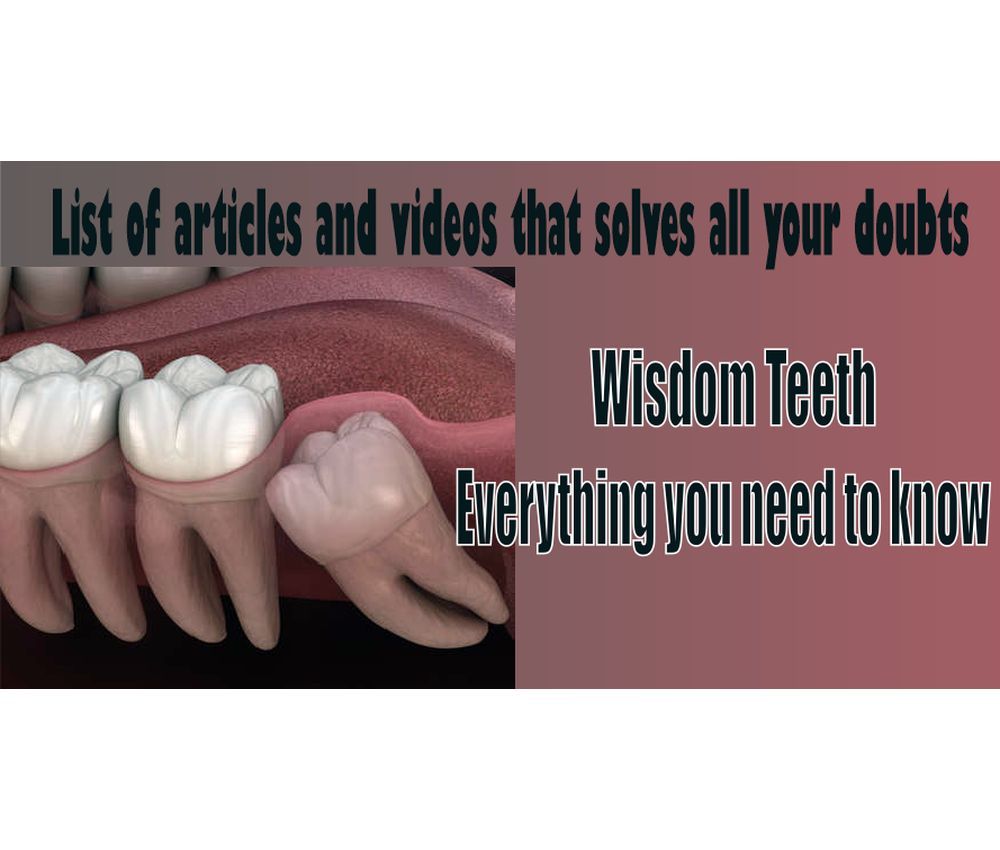Oral infections are common in children and adolescents, and treatment must be treated in an effective and timely manner. Infectious processes occur when there is an imbalance in the patient's oral flora.
The use of antibiotics must be rational to avoid drug resistance of microorganisms (microbial resistance). Odontogenic infections can arise from caries or a periodontal problem, sometimes they can be due to dental trauma or iatrogenesis.
Advertisement
We share a literature review that establishes guidelines for antimicrobial therapy in infections of odontogenic origin and clinical recommendations.
RECOMMENDED ARTICLE
Guideline on use of antibiotic therapy for pediatric dental patients
Guideline on use of antibiotic therapy for pediatric dental patients
Antimicrobial therapies for odontogenic infections in children and adolescents. Literature review and clinical recomendations was published in J Oral Res 2014; 3(1): 50-56 (DOI: 10.17126/joralres.2014.013).
You may also like :
► Antibiotics and its use in pediatric dentistry: A review
► What are the medicines used in pediatric dentistry?
► How do medications affect your oral health?

.jpg)









